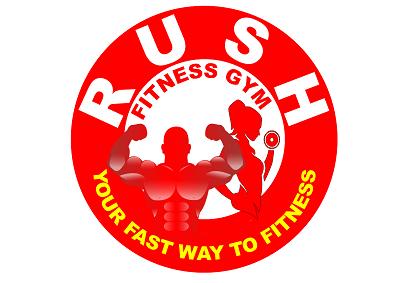
Carbohydrates, as the body's primary source of energy, generally pass through the digestive tract more rapidly than either protein or fats. Protein digests faster than fats. Some carbohydrates digest more quickly than others, depending on the type of sugars and starches they contain, while others, such as fiber, don't break down at all in the digestive tract.
Carbohydrate Digestion
Carbohydrate breakdown begins in the mouth, as enzymes and the mechanical act of chewing start to break them down before they even reach your stomach. Although carbohydrate breakdown continues in the stomach, most carbohydrates, with the exception of alcohol, are absorbed in the small intestine. Your body can only absorb simple sugars. Cells that line the small intestine secrete enzymes that break complex carbohydrates down into simple sugars.
Variables in Carbohydrate Digestion
Carbohydrates are defined by the number of chemical bonds they contain. Simple sugars, called monosaccharides or disaccharides, contain just one or two chemical bonds. Simple sugars include monosaccharides fructose, galactose and glucose and disaccharides lactose and sucrose. Complex carbohydrates, also called oligosaccharides and polysaccharides, must be split apart into simple sugars before your body can absorb them. Starches found in vegetables and whole grains fall into these categories.
Fiber, a type of carbohydrate that generally can't be used for energy, remains intact until it reaches the large intestine, where a small amount is broken down by bacteria and absorbed. Fruits, vegetables and whole grains all contain some fiber. The small intestine absorbs only a limited amount of sugar alcohols, such as mannitol and sorbitol, which are used as dietetic sweeteners.
Protein Digestion
Protein breakdown occurs mostly in the stomach, where stomach acids uncoil the protein strands. Pepsin, an enzyme secreted by the stomach, breaks the strands down further. Trypsin, another enzyme, splits the protein strands into molecules containing one, two or three amino acids in the small intestine. Nearly all the protein in foods is digested, with the remainder passing through the large intestine.
Saving Fats for Last
Although fats leave your stomach more slowly than either carbohydrates or proteins, very little fat digestion occurs in the stomach. Bile from the liver prepares fat for the breakdown by emulsifying it, making it soluble in water. Emulsification makes it easier for enzymes to break the fat into smaller pieces for digestion. In the small intestine, the pancreatic enzyme lipase splits fats into fatty acid and glycerol, which your body then absorbs.
Source: healthyeating.sfgate.com
Don't forget to share and like this post!
